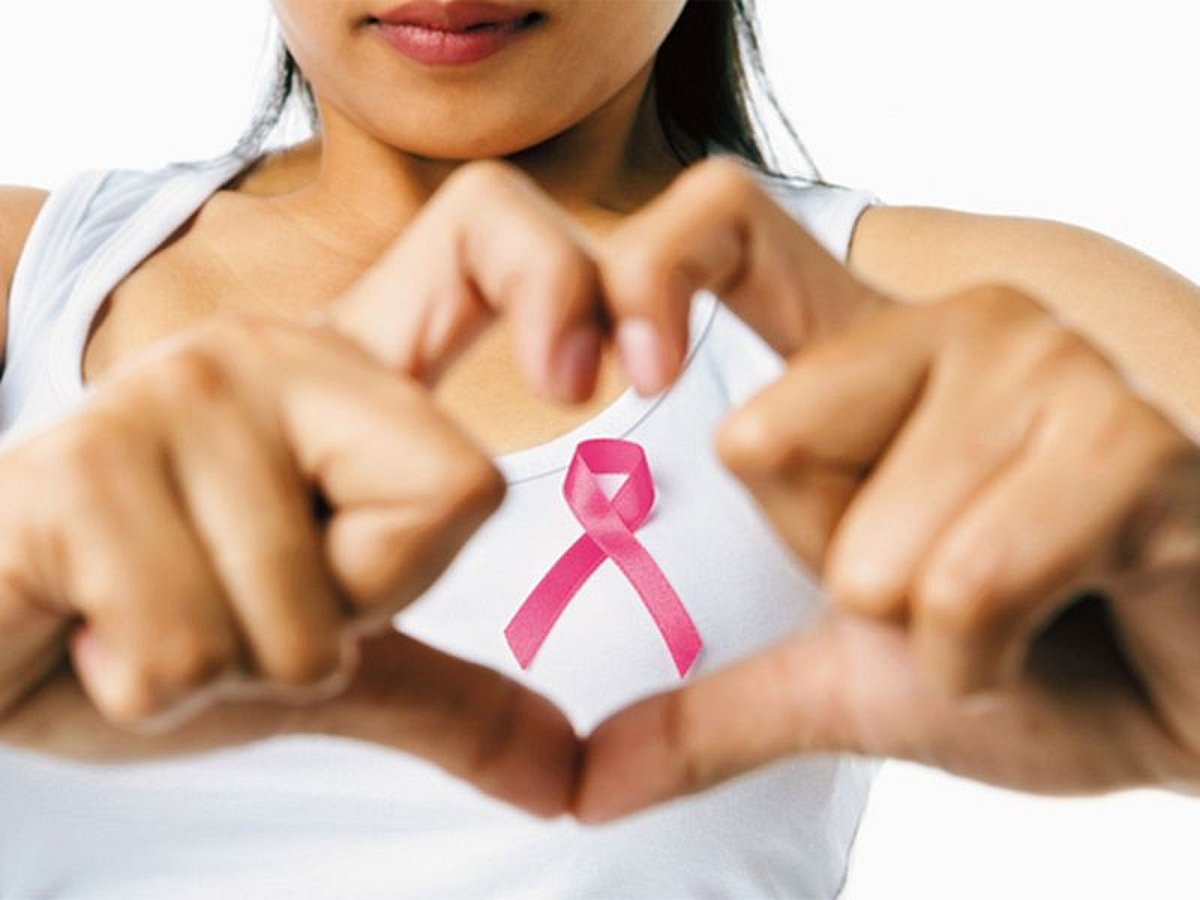Common Myths About Breast Cancer Debunked
Breast cancer is a significant health concern, affecting one in eight women globally. Despite ongoing awareness campaigns, numerous misconceptions persist, often hindering timely diagnosis and treatment. Healthcare professionals emphasize the importance of understanding the facts about breast cancer to empower women and men alike in taking proactive steps toward their health.
Common Misconceptions About Breast Cancer
Family History and Risk
One prevalent myth is that breast cancer primarily affects those with a family history of the disease. In reality, most women diagnosed with breast cancer do not have a familial link. While genetics can play a role, factors such as lifestyle, hormonal changes, and environmental influences are equally significant. Therefore, all women should prioritize regular screenings, regardless of their family history.
Age and Breast Cancer
Another misconception is that breast cancer only affects older women. Although the risk increases with age, younger women in their 20s, 30s, and 40s are also at risk, especially with rising lifestyle-related factors contributing to the disease. Awareness of this risk is crucial for early detection.
Understanding Breast Lumps
Many people believe that all breast lumps are cancerous, but most are benign, such as cysts or fibroadenomas. However, any new lump should be evaluated by a healthcare professional to rule out malignancy. Early assessment is key to effective treatment.
Symptoms and Early Detection
It is a common misconception that early-stage breast cancer presents noticeable symptoms. In fact, many cases show no symptoms at all, which is why regular mammograms and clinical exams are essential. These screenings can identify changes before they become palpable.
Safety of Mammograms
Concerns about the safety of mammograms often arise due to fears of radiation exposure. However, the radiation from a mammogram is minimal, comparable to the natural background radiation one would encounter over a few weeks. The benefits of early detection far outweigh any negligible risks associated with the procedure.
Treatment Options
Some believe that a breast cancer diagnosis inevitably leads to mastectomy. Fortunately, advancements in breast-conserving surgeries and reconstructive techniques allow many women to retain their breasts or restore their appearance post-treatment.
Men and Breast Cancer
Breast cancer is often perceived as a women-only issue, but men can also develop the disease, accounting for about 1% of cases. Awareness and timely diagnosis are equally important for men, as late detection can lead to severe outcomes.
Healthy Habits and Risk Reduction
While adopting healthy habits can reduce the risk of breast cancer, it does not eliminate it entirely. Factors such as genetics, hormones, and chance still play roles, underscoring the importance of regular screenings and vigilance.
Survival Rates
A common myth is that a breast cancer diagnosis is a death sentence. In reality, with early detection and appropriate treatment, many women live long, healthy lives without recurrence. The survival rate for early-stage breast cancer exceeds 90%, thanks to advancements in medical care.
Deodorants and Antiperspirants
There is no scientific evidence linking the use of deodorants or antiperspirants to breast cancer. These myths have been debunked through extensive research, emphasizing the importance of relying on credible information.
Dense Breast Tissue
Women with dense breast tissue may face challenges in interpreting mammograms and may have a slightly increased risk of breast cancer. However, dense tissue does not guarantee a cancer diagnosis. Additional imaging, such as ultrasound or MRI, may be recommended for clearer evaluation.
Modern Treatment Approaches
Modern therapies for breast cancer are increasingly targeted and personalized. Side effects can often be managed through supportive care and lifestyle adjustments, making treatment more tolerable for patients.
Emotional Recovery
Physical recovery from breast cancer may occur more quickly than emotional healing. Many survivors experience anxiety, fear of recurrence, or body image issues. Support groups, counseling, and lifestyle medicine can aid in holistic recovery.
Breastfeeding and Risk
While breastfeeding may slightly lower the risk of breast cancer, it does not provide immunity. Any new lump during lactation should be evaluated by a healthcare professional.
Biopsy Myths
A dangerous myth is that biopsies can cause cancer to spread. In truth, biopsies are essential for accurate diagnosis and treatment planning, and they do not contribute to cancer progression.
Integrative Care
Natural and holistic approaches can complement recovery but should never replace evidence-based medical treatment. The best outcomes arise from a combination of scientific and supportive therapies.
Hereditary Factors
Only about 5–10% of breast cancers are hereditary, linked to genes like BRCA1 and BRCA2. The majority of cases occur sporadically due to lifestyle, hormonal, and environmental factors.
Recurrence Awareness
Breast cancer can recur even years after initial treatment. Regular follow-ups, self-awareness, and ongoing lifestyle care are crucial for long-term health.
The Importance of Awareness
Breast cancer awareness is vital for everyone—women, men, families, and communities. Early detection, emotional support, and open conversations can save lives. Knowledge is the most powerful defense against this disease.
FAQs
What are the early signs of breast cancer?
Early signs can include a lump, changes in breast shape or size, skin dimpling, or unusual discharge from the nipple. Regular screenings are essential for detecting changes that may not be noticeable.
How often should I get a mammogram?
Women should consult their healthcare provider to determine the appropriate screening schedule, typically starting at age 40 or earlier for those with higher risk factors.
Can lifestyle changes reduce my risk of breast cancer?
While healthy habits like a balanced diet, regular exercise, and limited alcohol consumption can lower risk, they do not eliminate it entirely. Regular screenings remain crucial for early detection.
Conclusion
Understanding the facts about breast cancer is essential for effective prevention and treatment. By dispelling common myths and promoting awareness, individuals can take proactive steps toward their health. Regular screenings and open conversations about breast cancer can lead to earlier detection and better outcomes for everyone.
Also Read:
New Delhi’s Air Pollution Crisis: Health Risks Surge
Higher Education’s Role in Industry 5.0 Transformation







